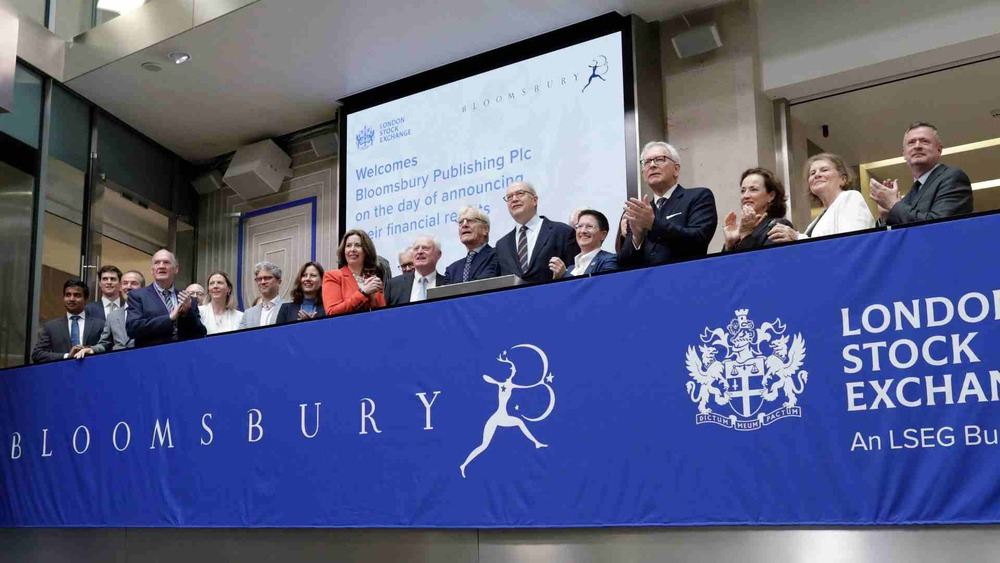You are viewing your 1 free article this month. Login to read more articles.
Creative Industries Federation warns on education 'threat'
Current education policies threaten the UK's standing as a global creative power, a problem which will be exacerbated by Brexit, the Creative Industries Federation has claimed.
The body is urging the government to scrap plans to make 90% of students study the traditional core curriculum called the EBacc, which includes no creative subjects.
A report published today (10th October), Social Mobility and the Skills Gap, argues that the focus on the EBacc, alongside plans for apprenticeships, are limiting the life chances of the next generation. The EBacc is encouraging "a dramatic decline" in the take-up of creative subjects, while the government’s new apprenticeship levy "risks undermining current training in the sector without tackling existing skills shortages", the Federation said.
"There is a mismatch between, on the one hand, the government's embrace of the creative industries and calls for social mobility and, on the other, what it is doing in schools. This is an enormous missed opportunity. If not addressed, we risk losing our position as creative world leaders," the report warns.
With around 6.1% of the creative industries workforce being non-UK Europeans, the advent of Brexit also means the UK will lose ready access to skilled workers who have been plugging some of the gaps up to now, CIF added.
John Kampfner, chief executive of the Creative Industries Federation, said: “We are failing to produce enough young people with the technical and creative skills needed to fill some of the most exciting careers in the fastest growing sector of the economy. That is economic madness.
“And current education policies will not deliver the social mobility the government wants. To create genuine opportunities for all, we need to make sure we give every young person, and not just those at the best schools, the chance to study subjects that prepare them for those jobs.”
Designer Sir John Sorrell warned: "If problems in education are not addressed and we fail to encourage our creative talent, we will lose our position as a world leader. This is a particular challenge now when Brexit will cut ready access to the wider European workforce."














